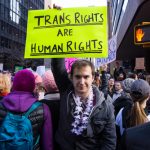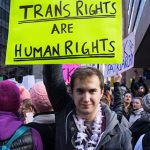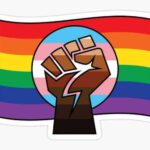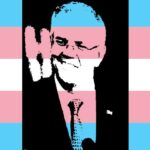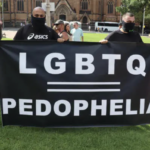Once a World Leader in Transgender Law, NSW Now Sadly Lags Behind All Other States
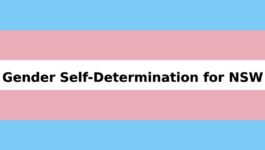
Queensland enacted the Births, Deaths and Marriages Registration Act 2022 (Qld) on 14 June. This legislation replaced a two-decade-old Act of the same name, due to the fact that times have changed, the document’s explanatory memorandum sets out.
Indeed, in outlining the key objectives of the legislation, the strengthening of “the legal recognition of trans and gender diverse people” is at the top of the list.
And perhaps chief amongst the raft of reforms with this aim in mind is the removal of the requirement for an individual to have undergone sexual reassignment surgery in order for them to change the sex on their birth certificate.
For those this doesn’t affect, this reform may seem minor. But for those whose primary form of ID doesn’t match how they present, it can result in difficulties in obtaining housing or employment, despite discrimination laws, and it can also trigger prejudicial reactions, that can even prove lethal.
Prior to Queensland permitting gender self-determination, the previous requirement of undergoing surgery, which, while being very positive for some, isn’t quite right for others.
In law, this requirement translates as forced sterilisation, and for some individuals, it’s not a possibility as the procedure would prove fatal.
The Rudd government was the first authority in Australia to permit gender self-determination on official identification documentation when it enacted laws in 2011 at the federal level in terms of being able to change sex on passports.
And with the recent Queensland reform, and WA having committed to similar changes last December, it now appears that NSW remains the only state holding on to these parochial attitudes towards gender and changing status on IDs.
Self-determination not forced surgery
“The person who best knows what identity a person has is the person themself,” said renowned Sydney social justice activist Norrie. “There is no definition in law of what physically separates all men from all women, because in the infinite variety of nature, there is no such clear delineation.”
“Allowing a person to be certified their sex status on the basis of self-determination, rather than saving this as a privilege only for those trans people who can afford very expensive surgeries, is an important position for fairness and equity,” they told Sydney Criminal Lawyers.
Norrie has been at the forefront of gender activism in this country since the late 1980s. And after a four-year battle, they successfully secured the right to have their sex registered as “nonspecific” in the NSW registry via a 2014 High Court ruling. And this victory continues to impact exponentially.
The social reformer further pointed out that Queensland has stopped requiring the immediate determination of a child’s sex, “where variations of sex characteristics have been identified”, so that parents now have up to 180 days to register a birth under such circumstances.
“This will be a boon to those born with intersex conditions and their parents and doctors, now relieved from the legal pressure to surgically manufacture a binary sex for the baby,” Norrie outlined, in reference to operations conducted on intersex kids to make their bodies conform.
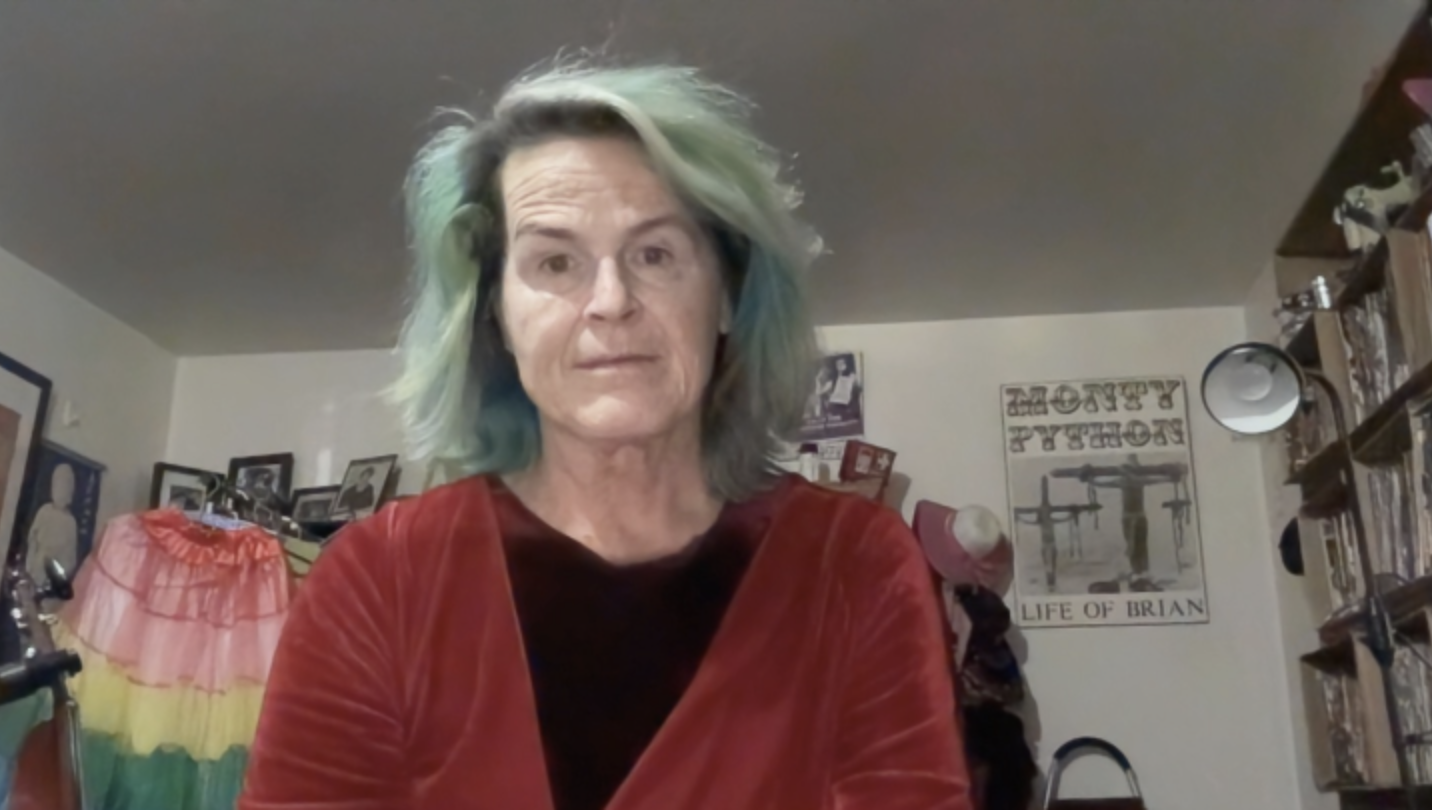
At the forefront of change
The Transgender (Anti-Discrimination and Other Acts Amendment) Act 1996 (NSW) was a groundbreaking piece of legislation on a global scale, which added transgender as a protected attribute to the Anti-Discrimination Act 1977 (NSW).
Norrie, who was a key campaigner pushing for these laws, said, “Sadly, NSW, while first to legislate against discrimination against transgender people back in 1996, now lags behind the rest of the country when it comes to recognising sex identity as self-determined.”
“This is unjust and embarrassing,” they added.
Section 32B of the Birth, Deaths and Marriages Act 1995 (NSW) stipulates that a person over the age of 18, whose birth is registered in NSW, may apply to the state registrar for an alteration of the listing of their sex on their birth certificate if they’ve “undergone a sex affirmation procedure”.
According to Norrie, back in the mid-90s, along with those with “a more nuanced understanding of sex and gender and identity”, there were those who’d “had ‘sex change surgeries’ that sought to differentiate themselves from transgender people who had not had such surgeries”.
“They sought to give themselves the privilege of having their personally-identified sex recognised, while denying this to transvestites and transgender people who could not afford or who did not choose these surgeries,” they underscored.
As Norrie puts it, there was an air of superiority amongst some who’d undergone such surgery at the time and having had the financial means to obtain this exclusivity, they sought to maintain it, even going as far as to argue that the public would be less willing to accept gender self-determination.
“Given that the antidiscrimination part of the law reform passed did, indeed, include all transgender people without surgical distinction, I think they read the room wrong,” Norrie quipped.
“But this was back in the day when marriage equality for same-sex couples was seen as impossible, and I think society has definitely moved on from then.”
Rights delayed are rights denied
Adopted by the UN Human Rights Council in 2007, the 2006 Yogyakarta Principles is the preeminent document on human rights in relation to sexual orientation and gender identity.
The third Yogyakarta principle stipulates that “no one shall be forced to undergo medical procedures, including sex reassignment surgery, sterilisation or hormonal therapy, as a requirement for legal recognition of their gender identity”.
Indeed, as the document explaining the Queensland bill sets out “sexual reassignment surgery is a serious and invasive procedure that involves a number of health risks… results in sterilisation, is not readily available in Australia and is costly”.
The NSW law that continues to stipulate sexual reassignment surgery in order to change sex on birth certificates also used to require that individuals were neither married to make the alteration, but following the legalisation of marriage equality in 2017, this requirement was revoked in mid-2018.
So, it only seems a matter of time before the surgery requirement law is repealed in this state in line with the rest of the nation, however, over that interim period, harms will continue to occur to those awaiting the change.
Diversity thrives, while uniformity signals decline
Over the last decade or so, the upholding of transgender rights and the visibility and acceptance of trans people have been ever-improving, and it’s because of pioneers, like Norrie, who pushed through the denial of rights that queer people had long been inexplicably experiencing.
Yet, during this same timeframe, there has also been a rise in far-right sentiment in western democracies, and what began as a debate about trans people being able to use bathrooms has morphed into transphobic hate becoming a central tenet of rising fascism across the Global North.
“Disliking sex and gender diversity has long been fundamental to fascism,” Norrie advised in relation to this rise in transphobia.
“In Hitler’s Germany, gays and lesbians and transgender people were classified and rounded up into the Nazi concentration camps, along with Jews and Romani and unionists.”
And that summation does lead to questions about the political climate simmering globally at present, as hand-in-hand we see rising militarisation accompanied by more than 550 pieces of anti-transgender legislation tabled in US state legislatures of late.
In a 2021 interview, preeminent gender theorist Judith Butler addressed the strong anti-transgender campaign led by “feminists” aligned to the far-right having taken root in the UK, however in a lecture last month, the academic referred to this movement having taken hold in this country now as well.
Of course, this is no surprise to those in Sydney and Melbourne, as both these capitals have seen increasing anti-trans rallies taking place since March. In this city, these have been aggressive protests perpetrated by Christian thugs, whilst south of the border, it’s been neo-Nazis taking to the streets.
“In social settings where only binary roles are allowed and where diversity is persecuted, insecurities about gender and sex can seem like existential threats to individuals,” Norrie explained in conclusion.
“And they then project their fear and loathing onto those whose diversity is obvious and visible, such as transgender people.”


